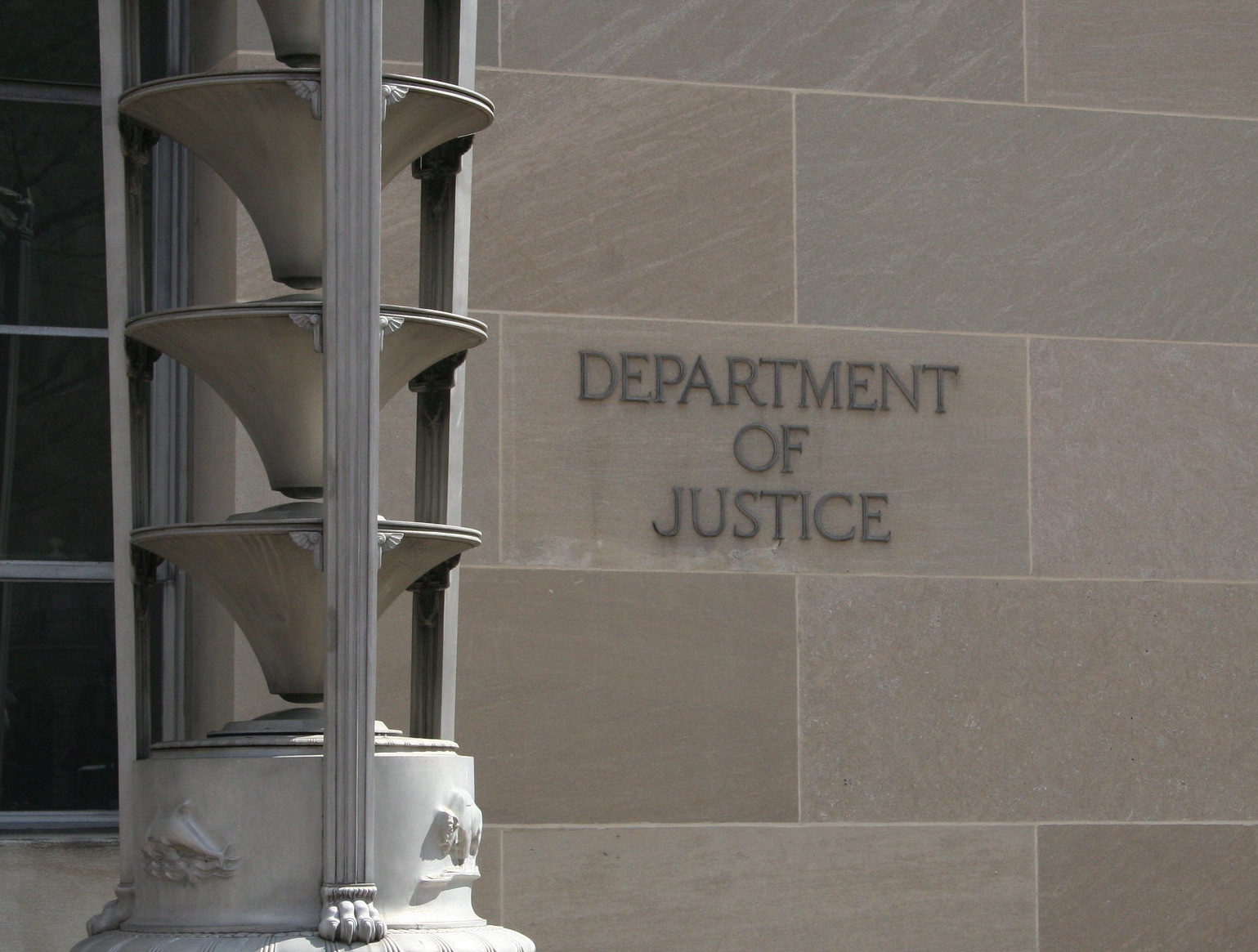RCFP attorneys sue Justice Department for records on Trump administration’s handling of news media guidelines

Attorneys for the Reporters Committee for Freedom of the Press are suing the U.S. Justice Department to obtain records on the Trump administration’s approach to longstanding guidelines for seizing journalists’ records.
The lawsuit, filed on May 11 in the U.S. District Court for the District of Columbia, comes just days after the Washington Post reported that three of its reporters recently received letters notifying them that the government had obtained their telephone toll records for a months-long period in 2017. A Justice Department spokesperson said the subpoenas had followed “established procedures” surrounding the seizure of documents from the news media, but the incident has raised serious First Amendment concerns — especially since the letters were sent at least several months after the records were taken.
Under the Justice Department’s news media guidelines, prosecutors should provide notification to reporters in advance of any government seizure unless the attorney general determines “for compelling reasons” that notice would “pose a clear and substantial” threat to an investigation, “risk grave harm” to national security, or “present an imminent risk of death or serious bodily harm” — an important requirement that ensures that journalists and news organizations can negotiate the scope of a subpoena or challenge such demands in court. The guidelines also prohibit Justice Department officials from questioning reporters or seizing their work materials without getting approval from the attorney general, except in extreme circumstances.
The guidelines, which serve as an important federal safeguard for reporter-source confidentiality, were last changed in 2015. Those amendments strengthening the guidelines were made after the Obama administration drew intense criticism for obtaining records from journalists at Fox News and the Associated Press, as part of investigations into the unauthorized disclosure of national defense information.
The Trump administration continued the crackdown on leaks to the press. And in 2018, Justice Department officials reportedly mulled altering the rules, though they did not make any announcement that a change was enacted.
In January 2021, the Reporters Committee submitted two Freedom of Information Act requests to the Justice Department seeking all versions of the news media guidelines in effect since President Trump’s inauguration in January 2017, as well as emails that discussed the guidelines dating back to the start of Trump’s presidency. After more than 100 days without a response, the Reporters Committee is now suing to obtain the documents.
The lawsuit claims that the Justice Department violated FOIA by failing to comply with statutory deadlines and for wrongfully withholding agency records. It requests that the district court order the Justice Department to complete its search of the requested records and release all non-exempt records responsive to the requests within 20 days.
Last week’s news that the Washington Post journalists’ phone records had been seized by the Trump administration has prompted renewed scrutiny of the news media guidelines. As Reporters Committee Executive Director Bruce Brown said in a statement following the Washington Post’s report about the records’ seizure on May 7, “It is imperative that the new Justice Department leadership explain exactly when prosecutors seized these records, why it is only now notifying the Post, and on what basis the Justice Department decided to forgo the presumption of advance notification under its own guidelines when the investigation apparently involves reporting over three years in the past.”
The Reporters Committee regularly files friend-of-the-court briefs and its attorneys represent journalists and news organizations pro bono in court cases that involve First Amendment freedoms, the newsgathering rights of journalists and access to public information. Stay up-to-date on our work by signing up for our monthly newsletter and following us on Twitter or Instagram.